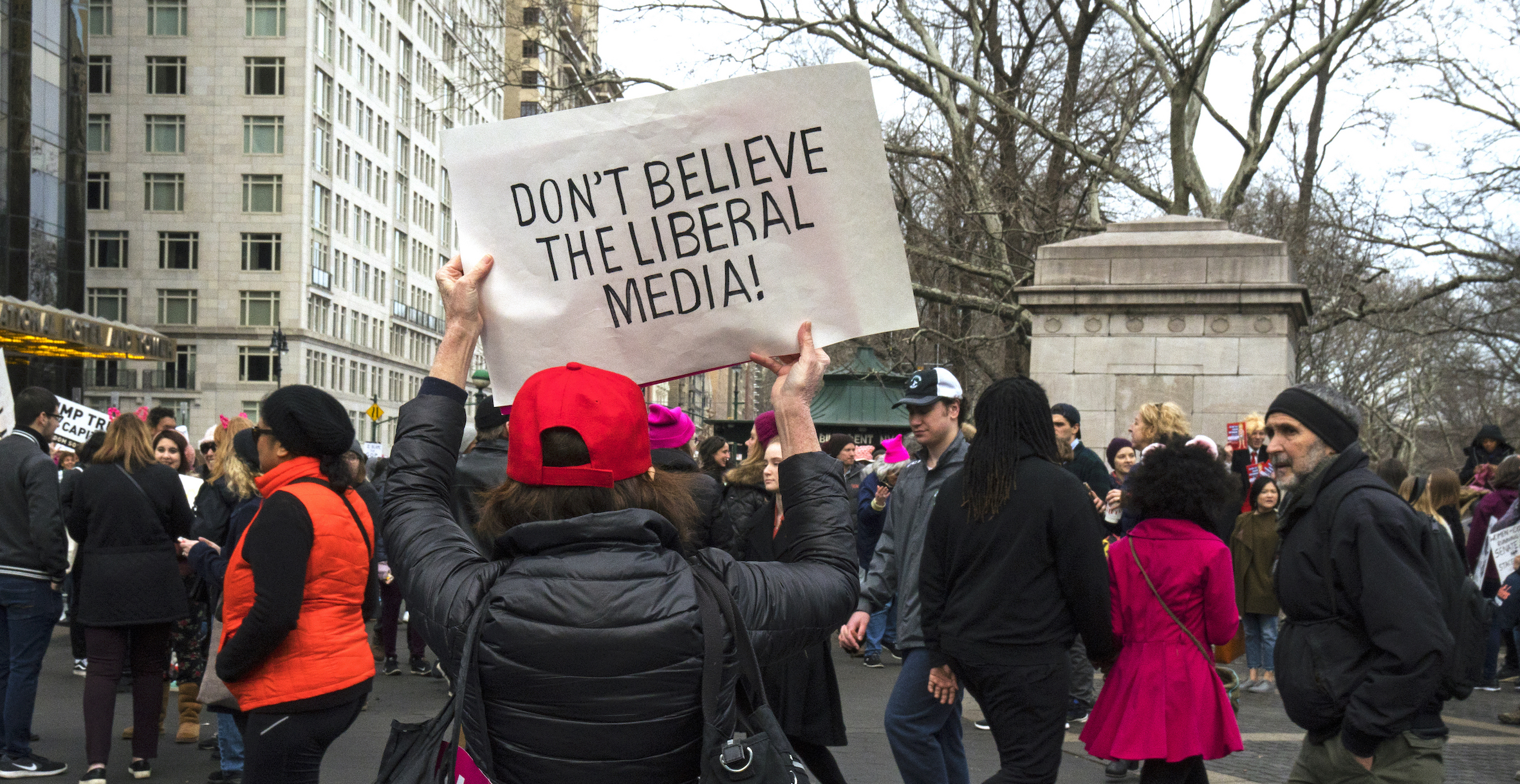
Politics & Society
Whose fake news?

When social media micro-targeting is shaping political views, and ‘alternative facts’ abound, is there any hope for democracy?
Published 11 April 2018

Politics & Society
Whose fake news?
Cognitive psychologist Professor Stephan Lewandowsky explains why we still believe something to be true, even after we have been told it is not, and why we are all so willing to believe what we read - including fake news.
In our post-truth era he suggests we all need to become a little more cynical, to ward off misinformation and guard against its potential to manipulate.
Episode recorded: 26 March 2018
Producers: Dr Andi Horvath, Chris Hatzis and Silvi Vann-Wall Audio engineer and editor: Chris Hatzis
Banner image: Getty Images
Subscribe to Eavesdrop on Experts through iTunes.